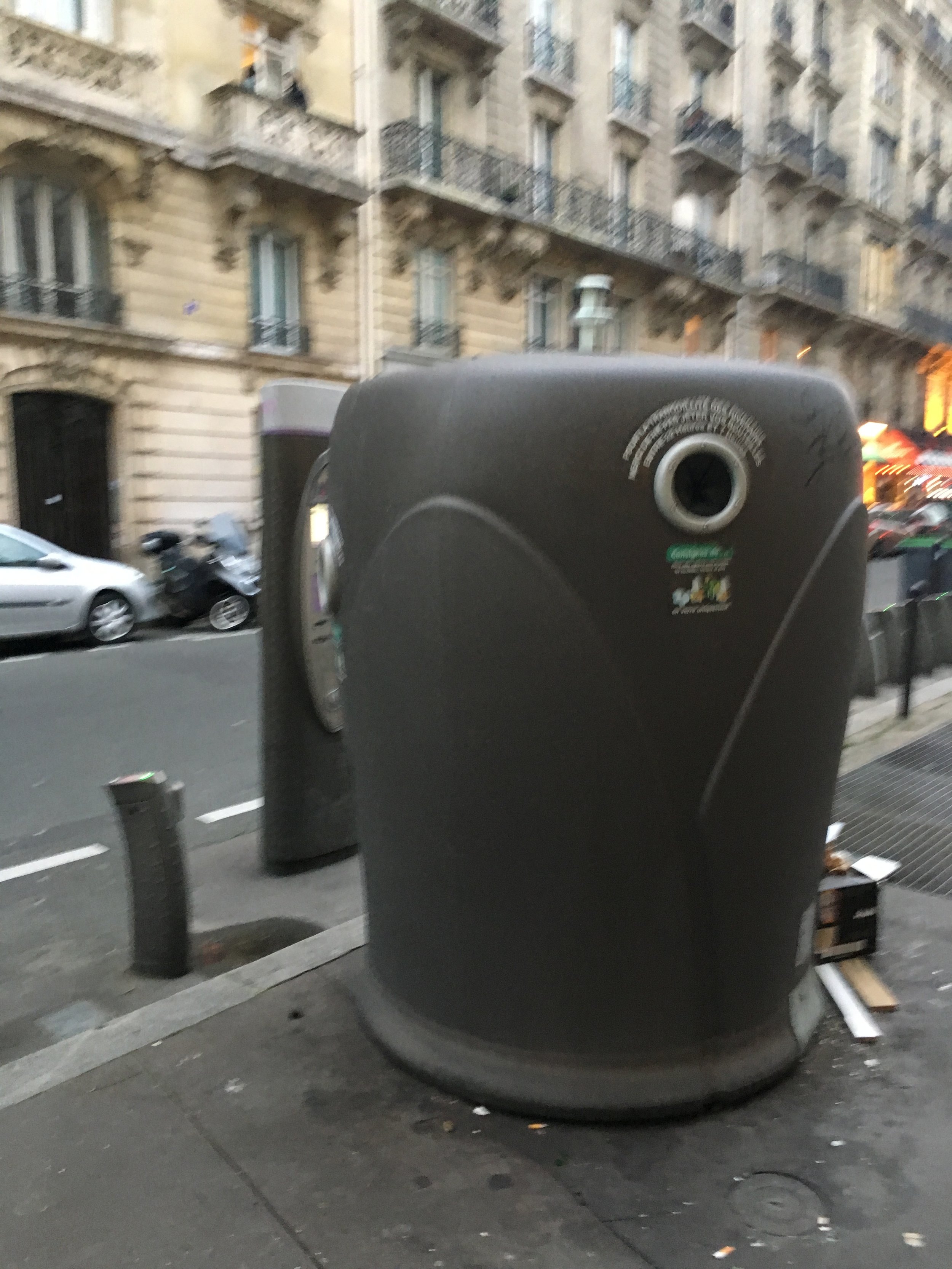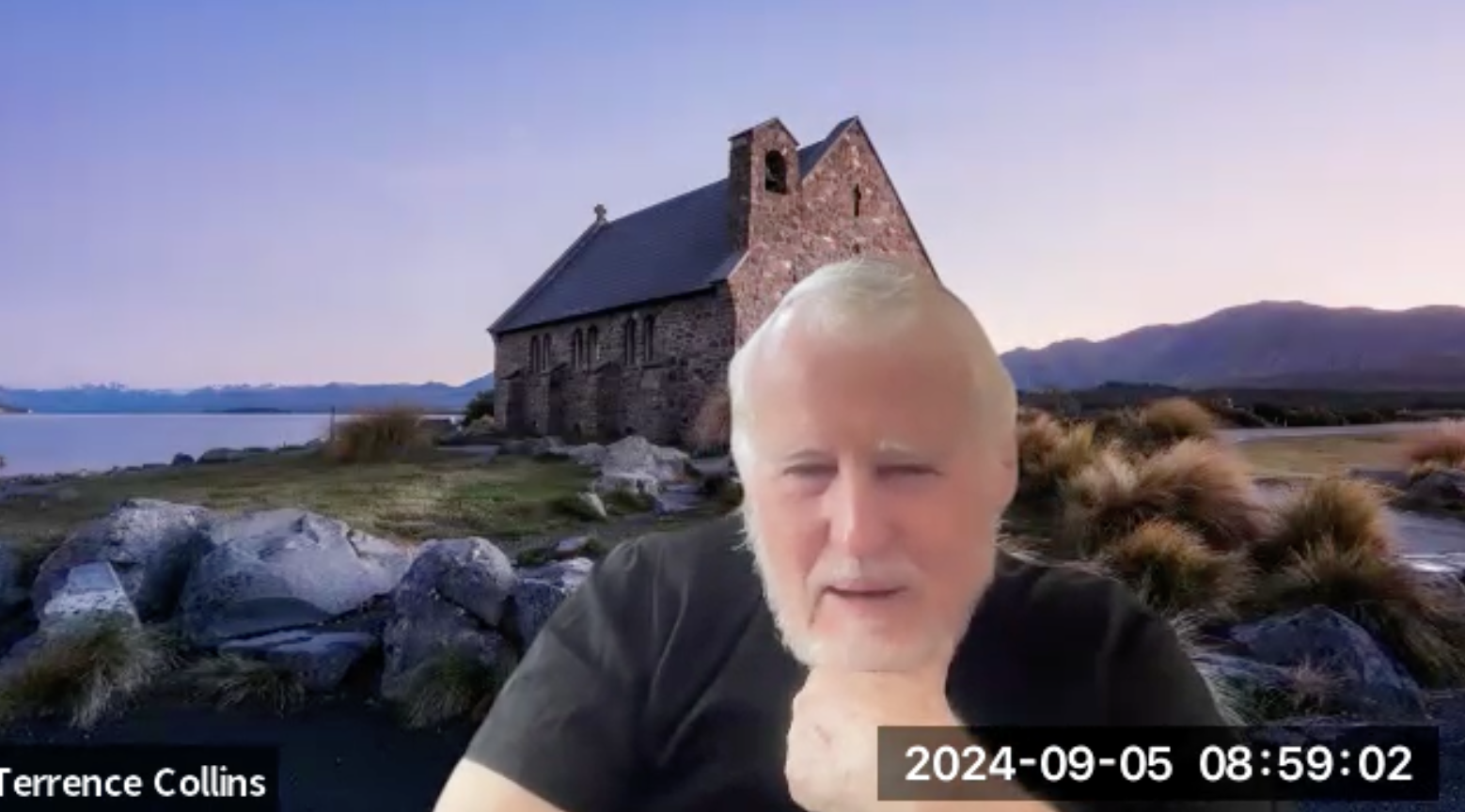I know, I know....I've used a trans-Atlantic flight to get here: but I was saving up money and carbon footprint for this once-in-a-lifetime trip with my son....! (Insert weak excuses and environmental confessional here).
One thing that has really struck me in France is the prevalence of environmentally friendly features in daily life, a real part of the reason Europeans average half the carbon footprint of Americans. Recycling is done in the smallest, most isolated village in the Pyrenees. Biologique (organic) food occupies shelf space in most grocery stories. Public transportation renders much of the country accessible without a car. None of the Gites, AirBnBs, or hotels we've contacted use pesticides. And electric vehicle plug-ins are prominent in Paris. Is life less pleasant in France because of these concessions to the planet? Not likely!
France's beautiful, low-impact lifestyle does not come about by accident. Much of it consists of personal choices: to live without a car, to eschew excess belongings, to value experiences over consumption. But much of it also comes from intentional regulation by the EU that nudges people in the direction of the common good and minimizes externalized costs like dirty air and water, children with cancer, a plastic-clogged landscape, and the impacts of climate change. The EU's European Commission on Chemical Regulation has changed their fundamental assumption from the one they once shared with the US, that the burden of proof is on the victims, who have to prove beyond a reasonable doubt that toxic chemicals have harmed them. Many of them are dead or unable to mount a defense. Think the lawsuit against tobacco companies: it was a surprise win, even with abundant proof of intentional tampering and harm. Now, the European Commission's fundamental assumption is that the burden of proof is on chemical companies to show that widely dispersed chemicals do NOT cause harm. Given the mounting evidence against many common synthetic chemicals, like pesticides and PBDEs, this is the more common-sense approach. You can read more here.
Not to say that all is perfect in paradise. Even in the shadows of Notre Dame, I found garlic mustard and buckthorn, stubborn invasive species we struggle against in the woods of the midwest, sneaking in among the highly cultivated primroses. Mais, c'est la vie!















